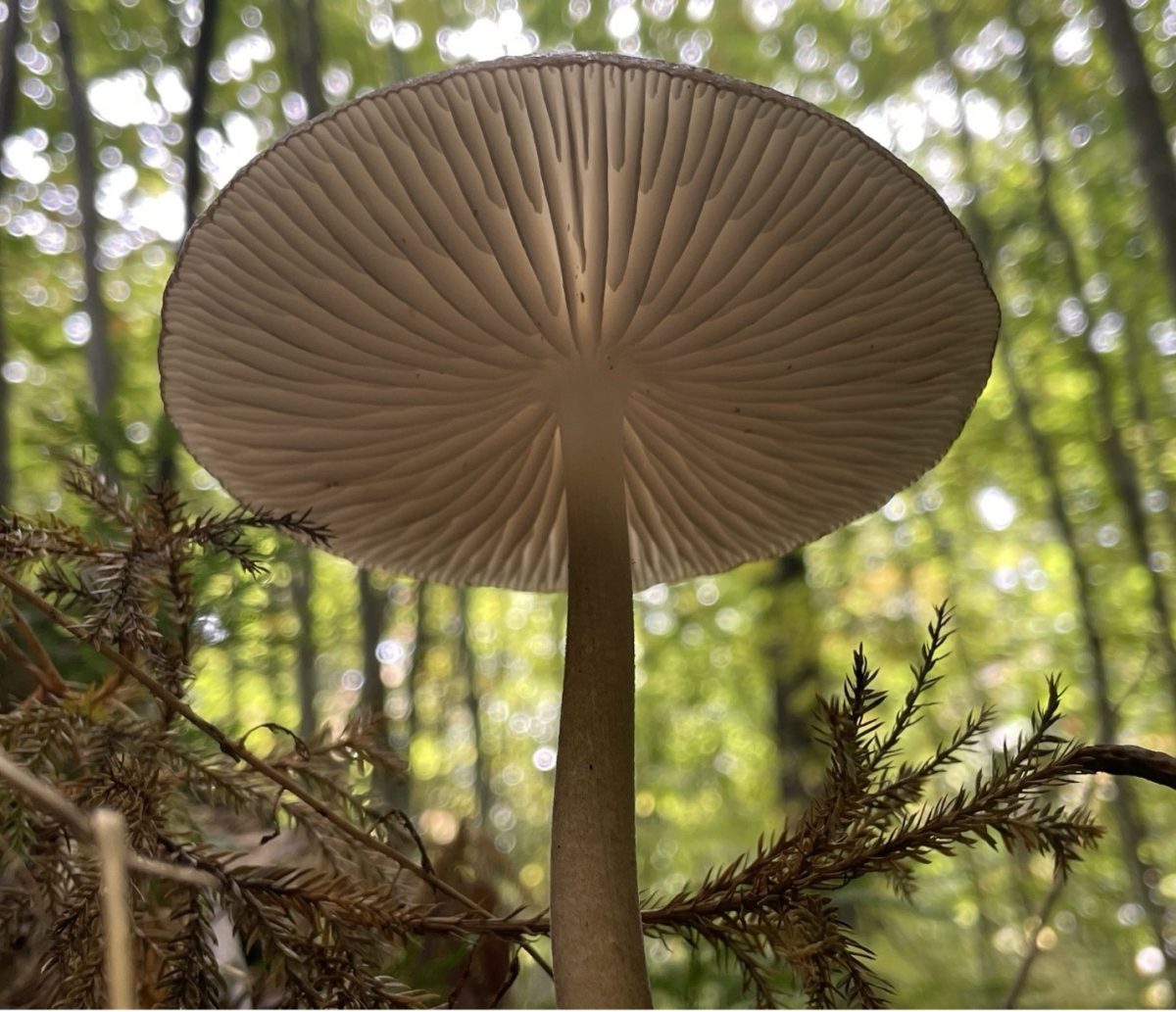When midterm grades arrived on GUXpress last week, I rewarded myself with a chicken tender melt from Doc’s for getting all A’s and one B. My celebration wasn’t for the grades themselves, but because I did it without purchasing a single textbook.

It started out as a necessity, thanks to a checking account that would put a spendthrift first-grader’s piggy bank to shame. Plus, let’s be honest – in one’s final semester of college, buying $500 worth of textbooks only to be used for a five-month period isn’t exactly an exciting investment opportunity.
Come on, people, I have student loans breathing down my neck.
I dropped my spitefulness and started to look at my lack of textbooks as a grand experiment. I do take my studies seriously and genuinely enjoy learning.
Can I prove to my professors that it takes motivation and creativity to succeed – and not an overpriced textbook? Could I get through the semester by taking especially detailed notes, asking a lot of questions and reading additional materials? It ended up being easier than I initially thought.
In my Voice and Diction class, for example, I’m learning a ton of useful information about the body’s resonance cavities and the subtle differences between vowel sounds – all without buying Kenneth Crannell’s brand-new $127 book filled with sentences like, “The man in a can planned to tan.”
Then again, I could save a few bucks and get the used version for $110.
I wonder how many more students would be able to experience a college education if the barriers to entry weren’t so limiting. To some people and some companies, college students aren’t students at all, but faceless silhouettes with dollar signs floating above their heads. And that’s a damn shame.
My Voice and Diction coursework is fascinating and essential stuff for someone studying the performing arts. And as much as I initially loathed that dad-gum phonetic alphabet, if I end up in a broadcast journalism job someday, I better know how to sound out words like the Icelandic volcano “Eyjafjallajokull.”
One’s college years are the time when students are supposed to establish themselves as free thinkers, as pioneers of the capability of their minds. Textbooks should be affordable and should support that goal, not hinder it. And if purchasing outrageously expensive textbooks continue to cause students not to be able to afford to do other life-enriching experiences, then that’s not promoting holistic education.
We’ll see how the second half of my semester goes. My grand experiment could fail miserably – especially since all my professors now could single me out for choosing to go book-less.
But not having textbooks has actually inspired me to become a more motivated student – to think deeper about the subjects I am studying, instead of half-heartedly reading lines from a chapter; as well as becoming familiar with the grand resource that is Google Books.
Here’s hoping I can retain that motivation for another seven weeks.



